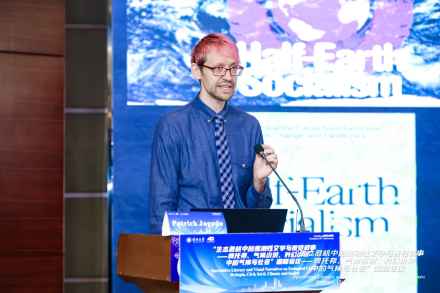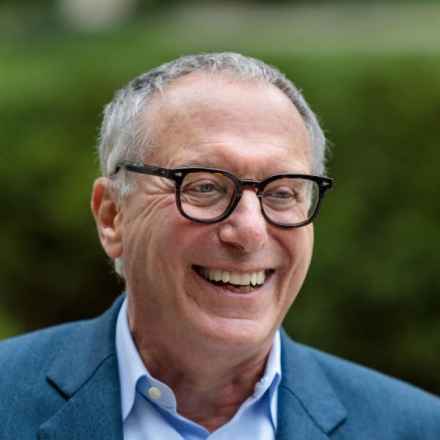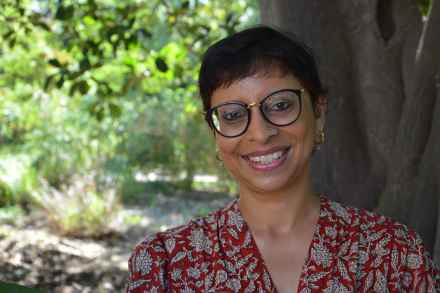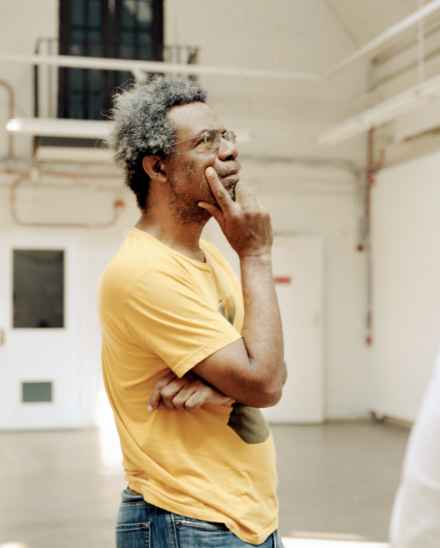Serious Gaming in China: Humanities Professor's Journey to the No. 1 Mecca of the Gaming Industry
Globally, digital games of all types and persuasions are big business. Industry experts report in 2023 that approximately 3.38 billion people worldwide play games. The global market for the gaming industry in 2023 was expected to reach $187.7 billion in revenue, according to Newzoo. To place this in perspective, movies worldwide generated $26 billion in revenue, and streaming services revenue was approximately $1.1 billion in 2023, according to Grand View Research. In order of their size, China, the U.S., and Japan are the top markets for the gaming industry.
“We’ve seen a growing difference between the size of the gaming and film industries,” said Patrick Jagoda, the William Rainey Harper Professor in the Departments of English Language and Literature, Cinema and Media Studies, and Obstetrics and Gynecology, and faculty director of the Weston Game Lab and the Media, Arts, and Design major at UChicago.
In November 2023, Jagoda traveled to Shenzhen, Hong Kong, and Beijing in China to deliver several lectures about game studies and game design for climate change, host a creative worldbuilding workshop with local peers, and give several interviews to the prominent Chinese news outlets.



